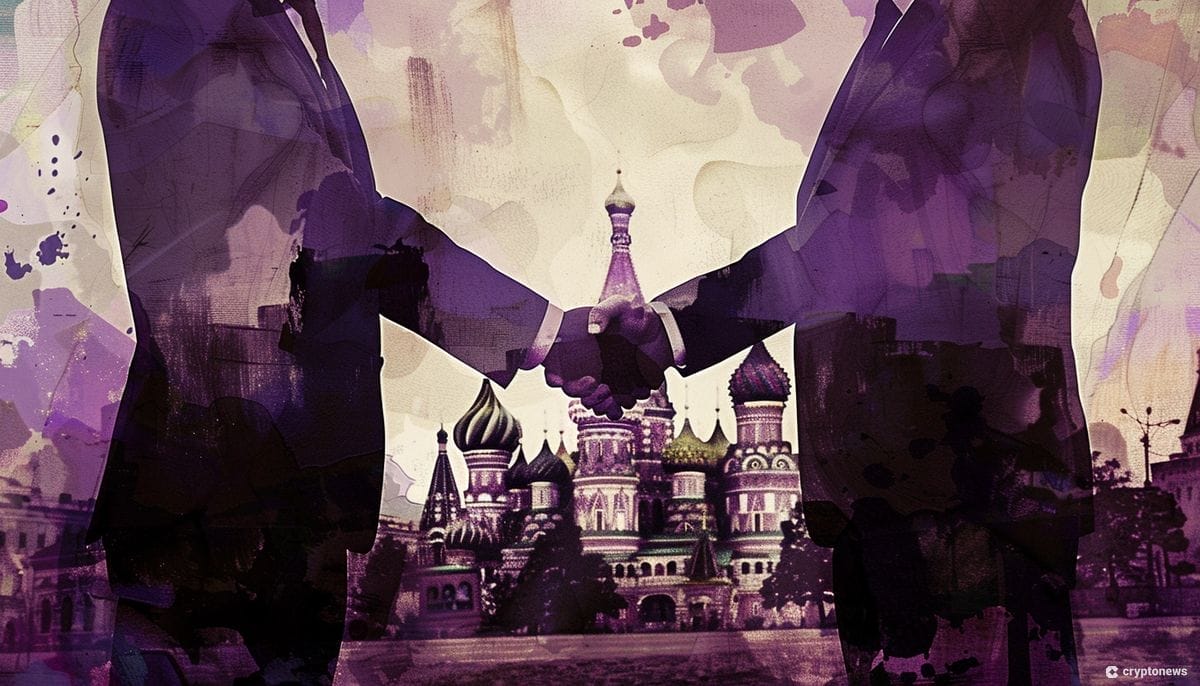The Russian State Duma is set to review a cryptocurrency bill and legislation on crypto mining in its second and third readings on Tuesday. The laws are expected to gain approval from senators and be signed into law by President Vladimir Putin, with an effective date of September 1st. The move to regulate cryptocurrencies comes amid increasing US threats of secondary sanctions on foreign banks. Despite the central bank’s previous proposal for a ban on cryptocurrencies, the Bank of Russia softened its stance and is now supportive of the experimental use of cryptocurrency and mining in cross-border settlements. The new legislation will regulate cryptocurrencies similarly to foreign currency in Russia, providing a legal framework for businesses involved in crypto and mining to operate without fear of official scrutiny.
In response to international restrictions and tightening compliance measures, Russian commodities firms have turned to stablecoins, such as Tether’s stablecoin, to facilitate cross-border transactions with Chinese clients and suppliers. This shift towards stablecoins comes as companies face challenges in executing financial transactions with Chinese counterparts. The use of stablecoins has allowed these firms to navigate the complexities of international transactions while facing pressure from US sanctions. Moreover, Russia has been pushing forward with plans for a Central Bank Digital Currency (CBDC). Last year, President Vladimir Putin signed a bill introducing a digital version of the country’s national currency, the digital ruble, giving legal authority to the Bank of Russia to act as the platform operator for the digital ruble, alongside cash and non-cash rubles.
The decision to regulate cryptocurrencies in Russia reflects a shifting attitude towards digital assets, as cryptocurrencies are increasingly used for international settlements. President Putin has recognized the importance of regulating cryptocurrencies domestically to address the challenges faced by businesses in foreign payments amid US sanctions. The new legislation aims to provide businesses involved in crypto and mining with a legal framework to operate within, ensuring compliance and reducing the risk of official scrutiny. While the central bank had initially proposed a blanket ban on cryptocurrencies, it has since supported the use of digital currency and mining in cross-border settlements, highlighting the evolving stance towards digital assets in Russia.
As businesses in Russia navigate the complexities of international transactions amidst US sanctions, the use of stablecoins has emerged as a viable solution for facilitating cross-border payments. Russian commodities firms have turned to stablecoins, such as Tether’s stablecoin, to engage in transactions with Chinese clients and suppliers. This shift towards stablecoins reflects a growing trend of utilizing digital assets to overcome challenges in executing financial transactions, providing companies with a reliable and efficient means of conducting international business. Moreover, the advancement of plans for a Central Bank Digital Currency (CBDC) in Russia signals a broader adoption of digital currencies to address the evolving landscape of international payments. Last year, President Putin signed a bill to introduce the digital ruble as a new form of payment, alongside traditional forms of the national currency.
In conclusion, the move to regulate cryptocurrencies in Russia represents a significant step towards embracing digital assets and addressing the challenges faced by businesses in international payments. The new legislation aims to provide a legal framework for businesses involved in crypto and mining to operate within, ensuring compliance and reducing the risk of official scrutiny. The use of stablecoins by Russian commodities firms highlights a growing trend of utilizing digital assets to navigate the complexities of cross-border transactions, offering a reliable and efficient solution amidst tightening compliance measures and US sanctions. With plans for a Central Bank Digital Currency (CBDC) in motion, Russia is poised to further integrate digital currencies into its financial system, signaling a shift towards a more digital economy.


























